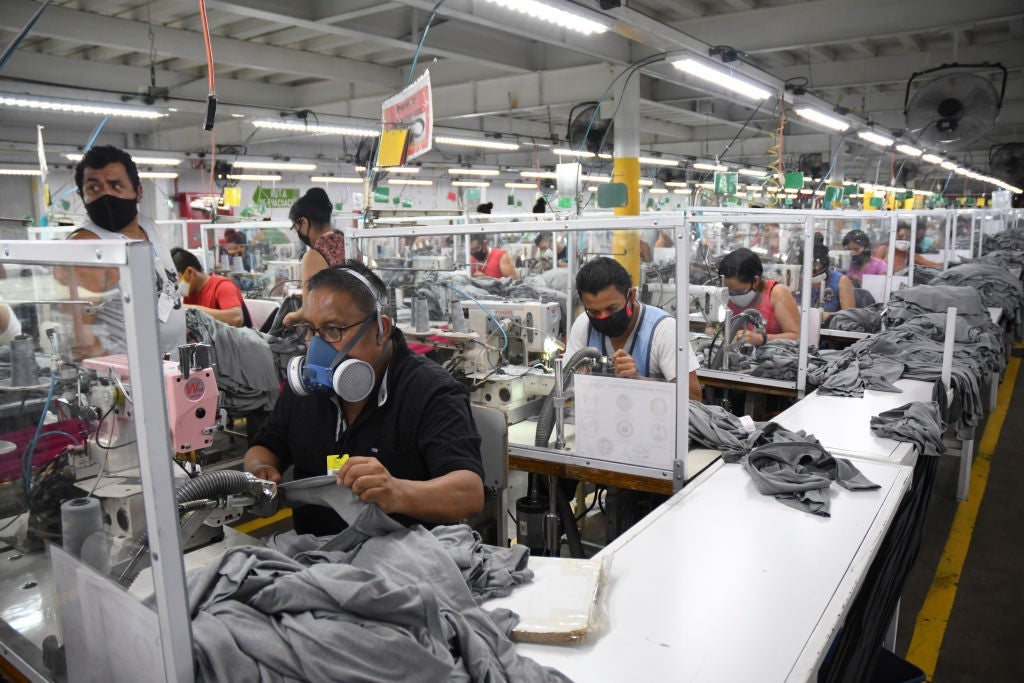

In January 2020, Guatemala’s new president, Alejandro Giammattei, took office with a pro-business agenda that strongly focused on attracting foreign direct investment (FDI) to boost the country’s economy.
Shortly after, the Covid-19 pandemic hit, forcing governments across the world, including that of Guatemala, to focus on the unprecedented situation and delay all other plans.

Access deeper industry intelligence
Experience unmatched clarity with a single platform that combines unique data, AI, and human expertise.
As a result of the pandemic, Guatemala’s GDP for 2020 is projected to decline by 2.5%, after being forecast to rise at the start of the year.
The Ministry of Economy, however, has clearly signalled the government’s intention to go on the offensive when it comes to attracting FDI and use this investment to spearhead its recovery.
Guatemala unveils incentives policy to attract FDI
In the first quarter of 2020, Guatemala attracted a total of $281.4m in FDI, according to Trading Economics.
According to the UN Conference on Trade and Development’s World Investment Report 2020, however, the country has been on a downward FDI trajectory over the past three years, posting FDI inflows of $1.17bn in 2017, $1bn in 2018 and $988m in 2019.

US Tariffs are shifting - will you react or anticipate?
Don’t let policy changes catch you off guard. Stay proactive with real-time data and expert analysis.
By GlobalDataThe textile sector, a key investment draw in the country, was severely affected by the Covid-19 pandemic, and this is likely to have a significant impact on its FDI performance in 2020.
To tackle this expected dip, Guatemala has established fiscal incentives for companies operating in its new special economic zones, called special public economic development zones.
Among the tax benefits provided to investors in these zones are an exemption for ten years from income tax and a temporary suspension of taxes associated with imports.
The main sources of FDI into Guatemala in recent years have been the US, Mexico, Colombia and Luxembourg. On a sector basis, the most attractive areas have been commerce, banks and insurance, manufacturing, telecommunications and electricity.
The country benefits from free-trade agreements with both the US and the EU, as well as a strategic location, rich natural resources, a good business environment and strong performances in both logistics and tourism.
However, Guatemala suffers from low-quality infrastructure, workers lacking in many skill sets, weak legal institutions, administrative burdens, social and political instability, and severe levels of crime and drug trafficking, which have tended to make international investors wary of setting up in the country.
Corruption remains a key concern for investors, and President Giammattei has not taken any actions so far to reinstate the United Nations’ International Commission Against Impunity in Guatemala, which was shut by former president Jimmy Morales in 2019 and had contributed to taking down several high-ranking officials, including a president and a vice-president.






